Stories
Filters:

The Votes Are In — Now What?
[]Hi! If your new here, we’re Sam — the movement arm of Samsara Eco, an enviro-tech startup working to change the way we recycle plastics using enzymes.
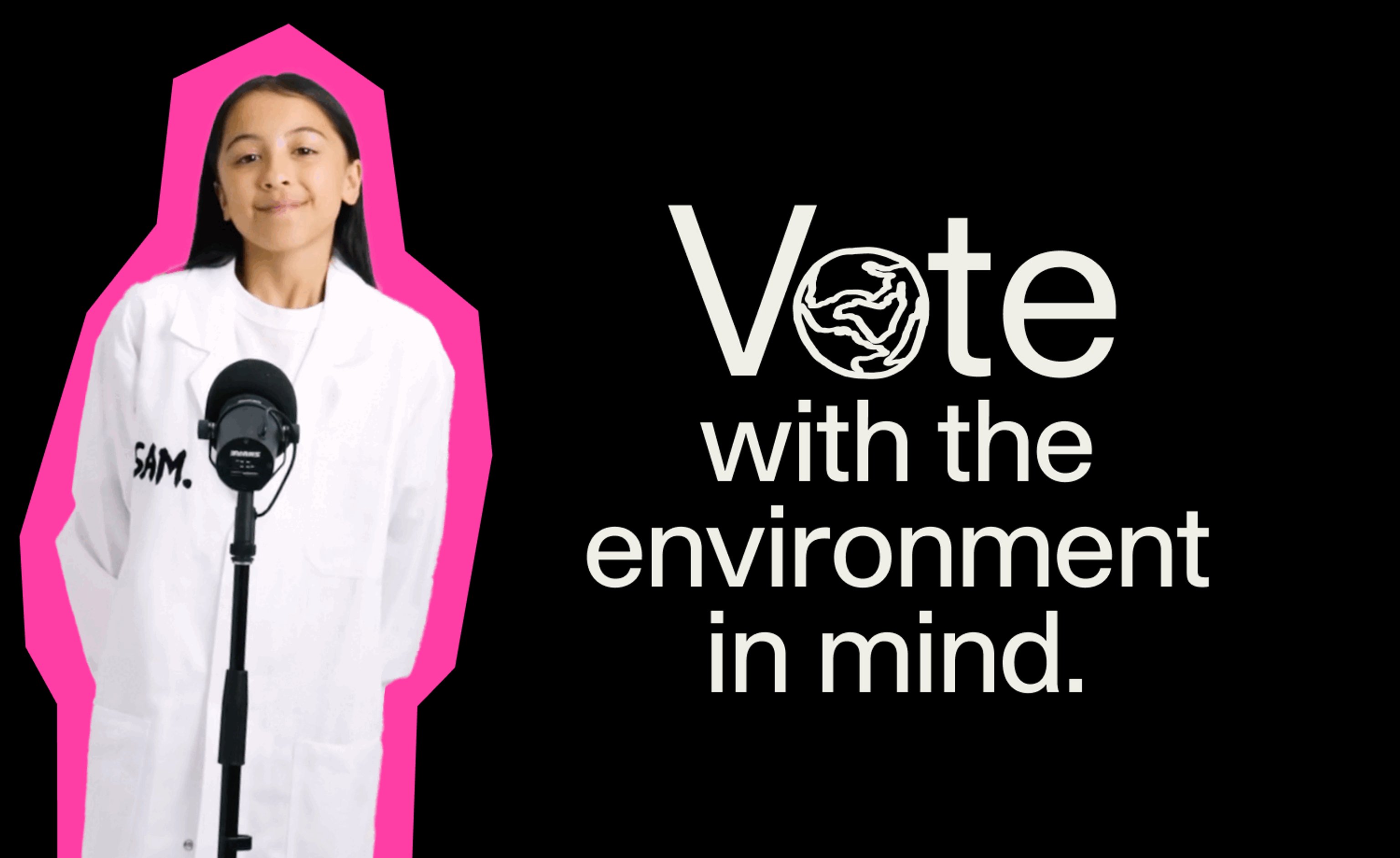
Vote with the environment in mind
[]Hi, if you’re new here, we’re SAM, the movement arm of Samsara Eco, an enviro-tech startup changing the way we recycle plastics with enzymes.
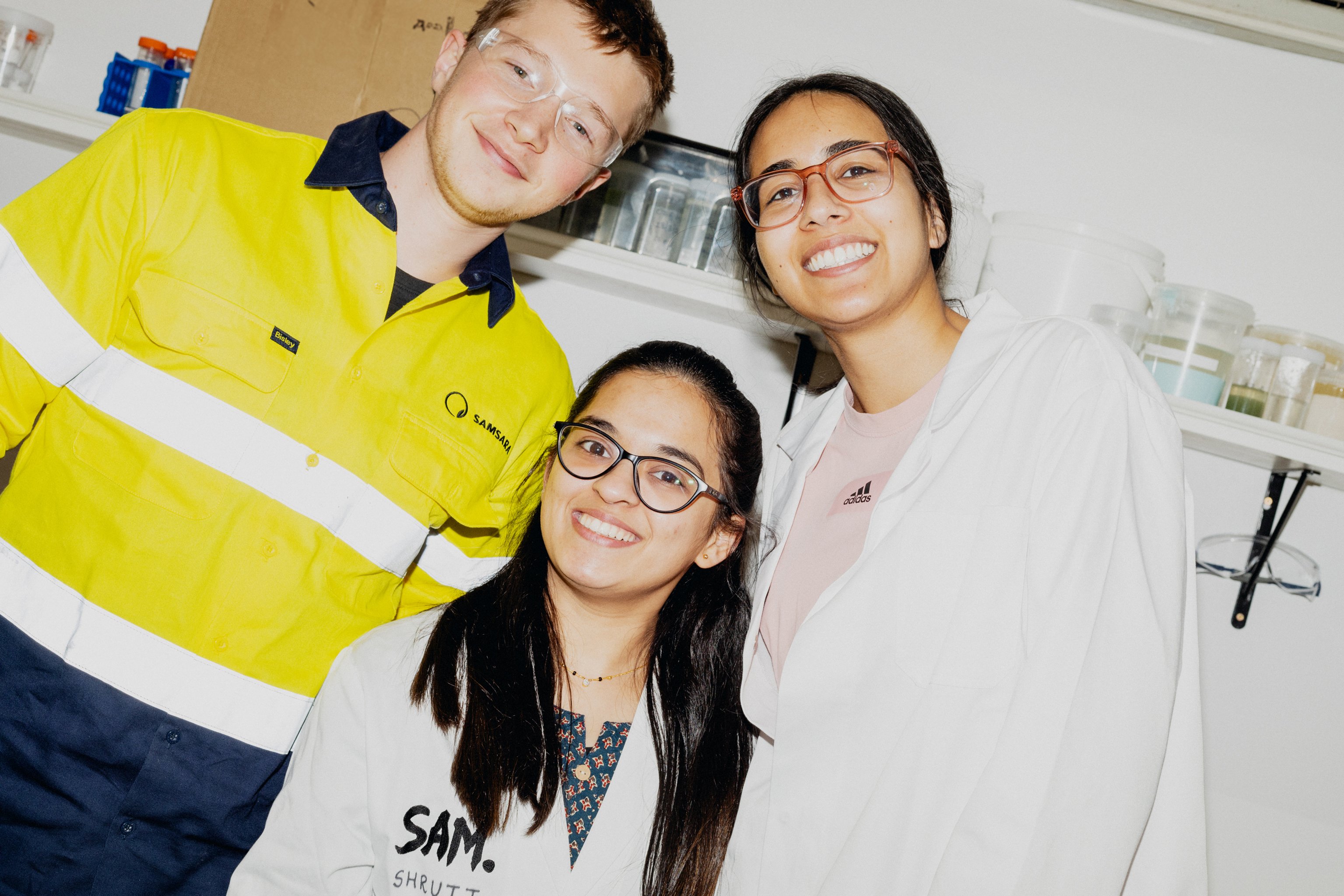
Plastic is Personal: How Plastic is affecting our health
[]It’s official, plastic is in our bloodstreams. We eat around 5 grams every week!
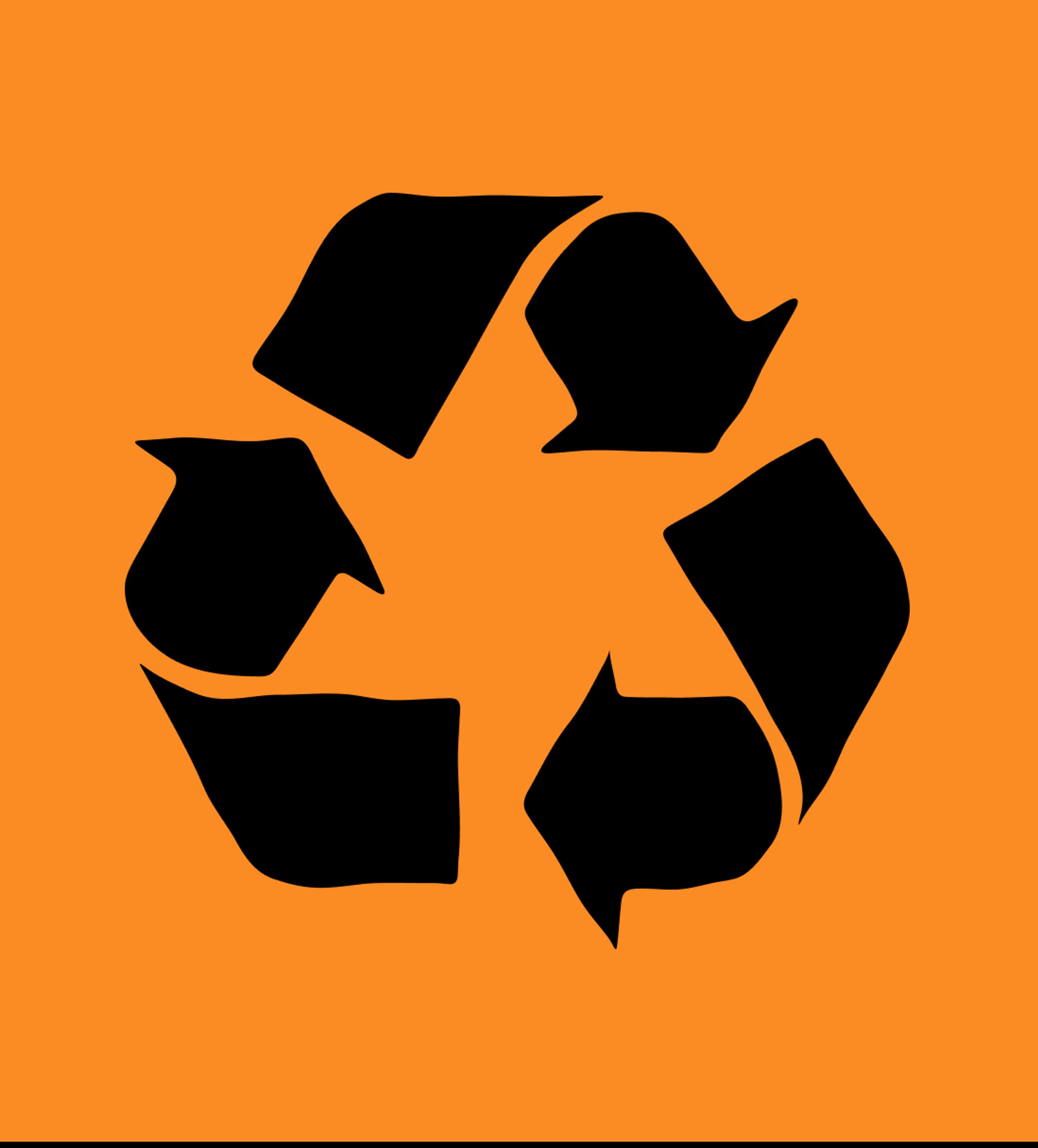
Traditional Recycling
[]In this day and age, many of us are mindful about plastic waste. We wash out our food packaging, check the labels, make sure we’re putting the right materials into the recycling bins...

Enzymes: A Love Story
[]- Scientific Articles
Enzymes have been our friends for millennia, they’ve helped us eat better food, drink nicer drinks, clothe ourselves in more robust materials and, thanks to modern technology, mass produce to our hearts content. We have a lot to thank enzymes for.
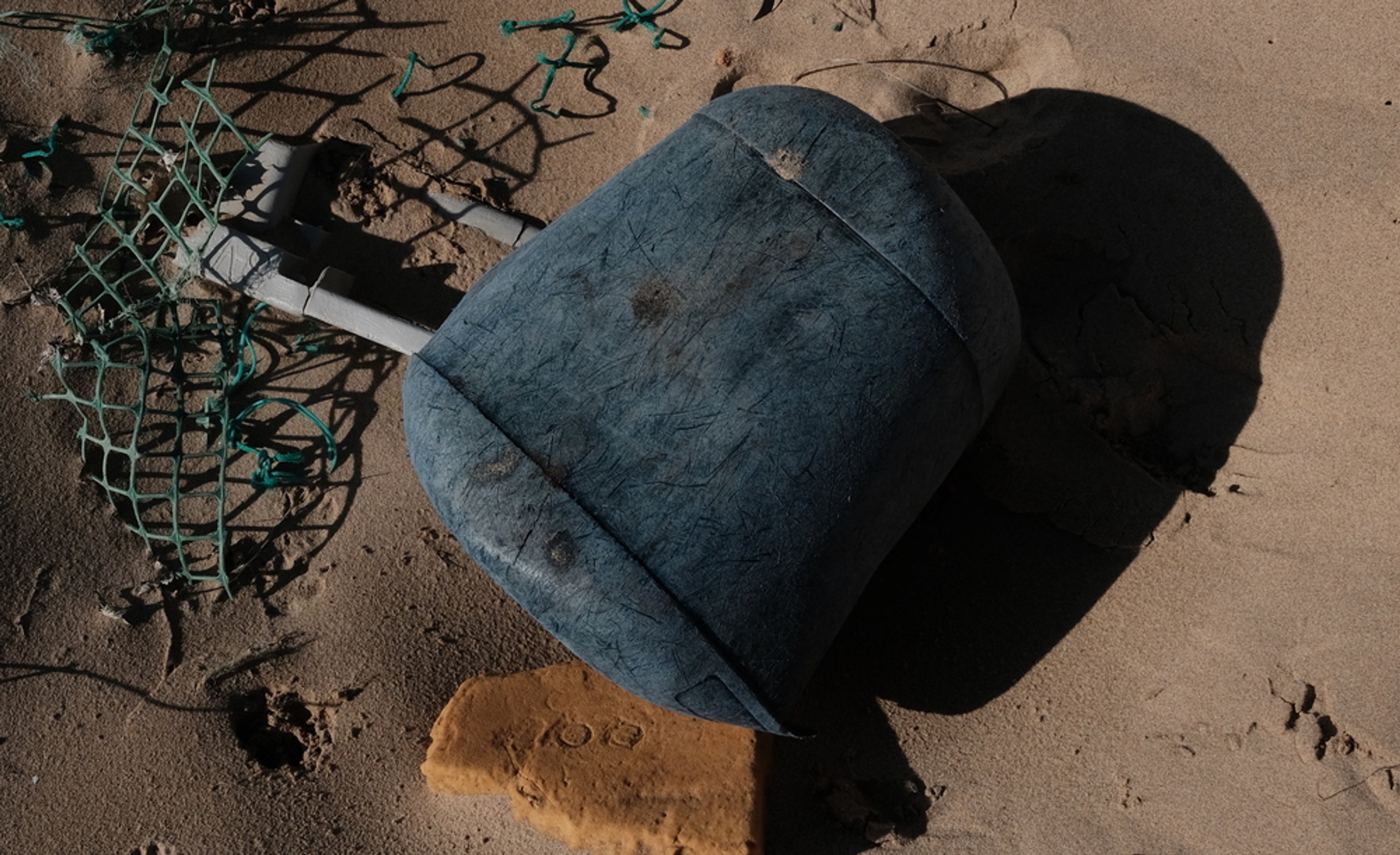
More Plastic Than Fish
[]- Scientific Articles,
- Bad News
2016 brought us the shocking news that there could be more plastic than fish in the sea by 2050. So 8 years on, how is the situation looking?
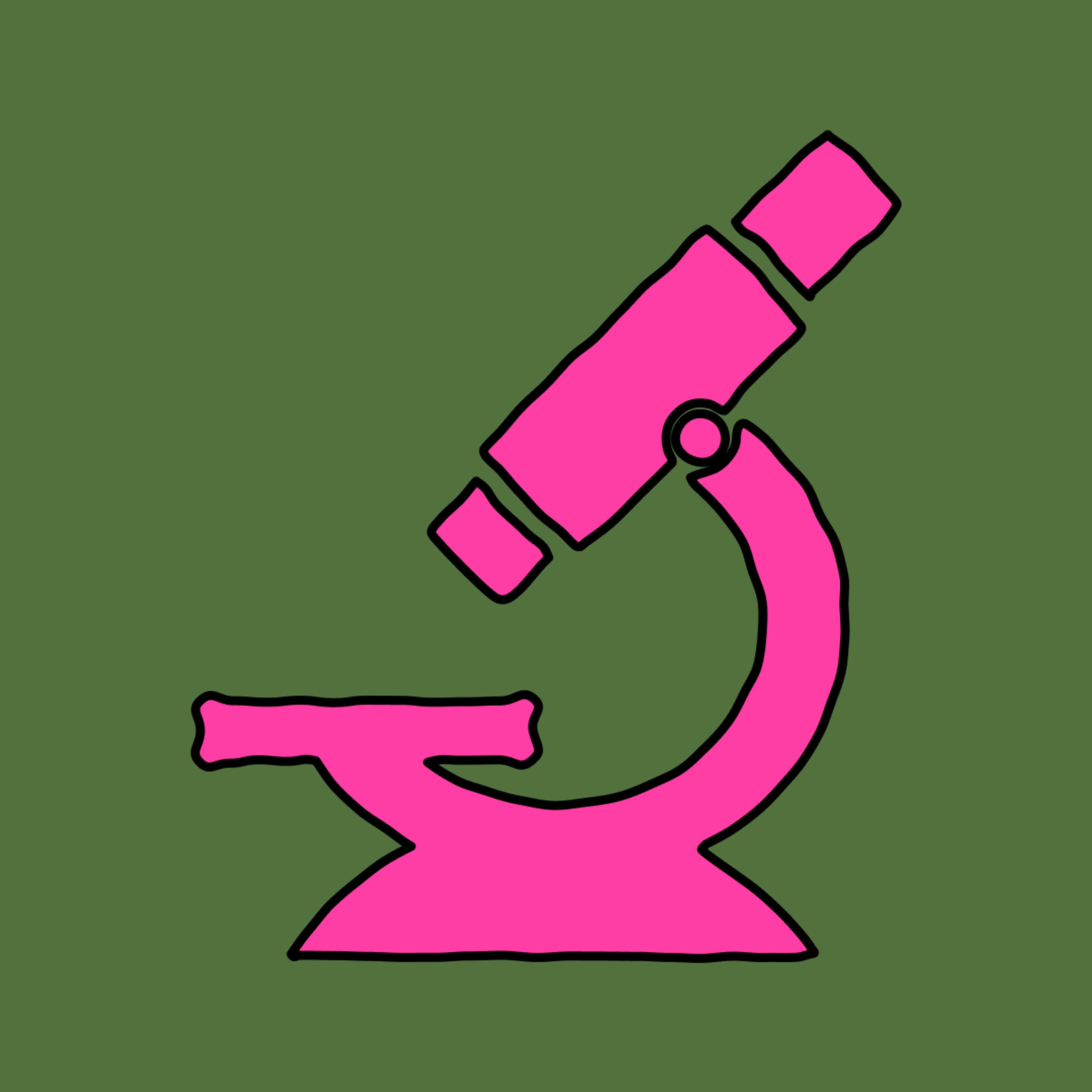
Enzymes: A Voyage of Discovery
[]- Scientific Articles
Thanks to a century’s worth of research, enzymes can be found everywhere, from food preparation to textile processing. And because they are such an essential fixture in modern manufacturing, it’s easy to forget that just 200 years ago we had no idea that enzymes even existed. So today we’ll be going on a little trip back in time, through the voyage of discovery that brought us enzyme technology.
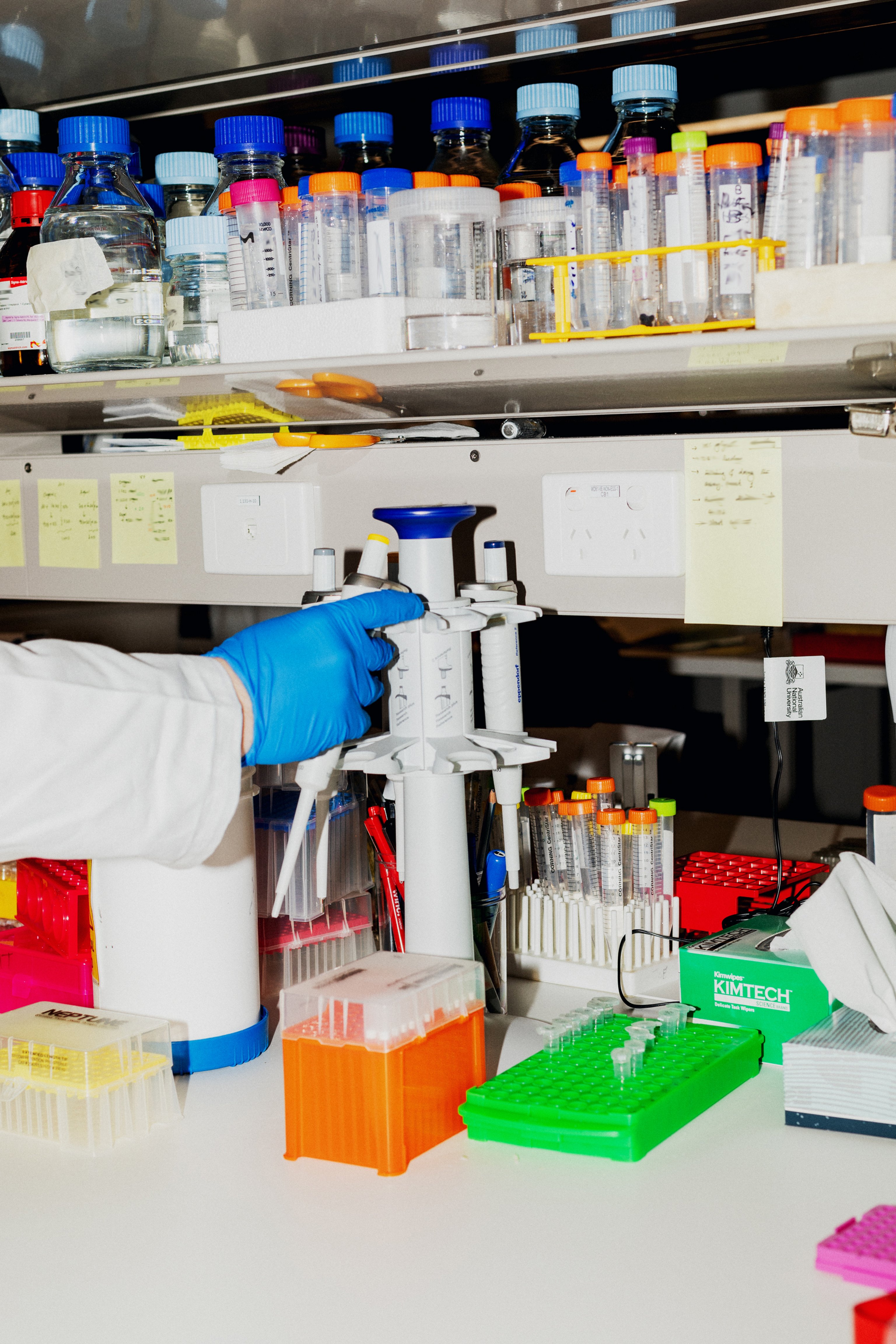
Enzymes: How Do They Work?
[]- Scientific Articles
Enzymes, the biological proteins involved in digestion, photosynthesis, respiration, degradation, creation, manipulation, molecule bonding and *breathe* pretty much every chemical reaction needed to sustain life.

4 Legs on The Table of Change: Reduce, Reuse, Redesign, Recycle
[]- Good News,
- Bad News
The more you look into a problem the more complicated it becomes. ‘One size fits all’ solutions are hard to come by these days especially when it comes to global problems like the plastic crisis.
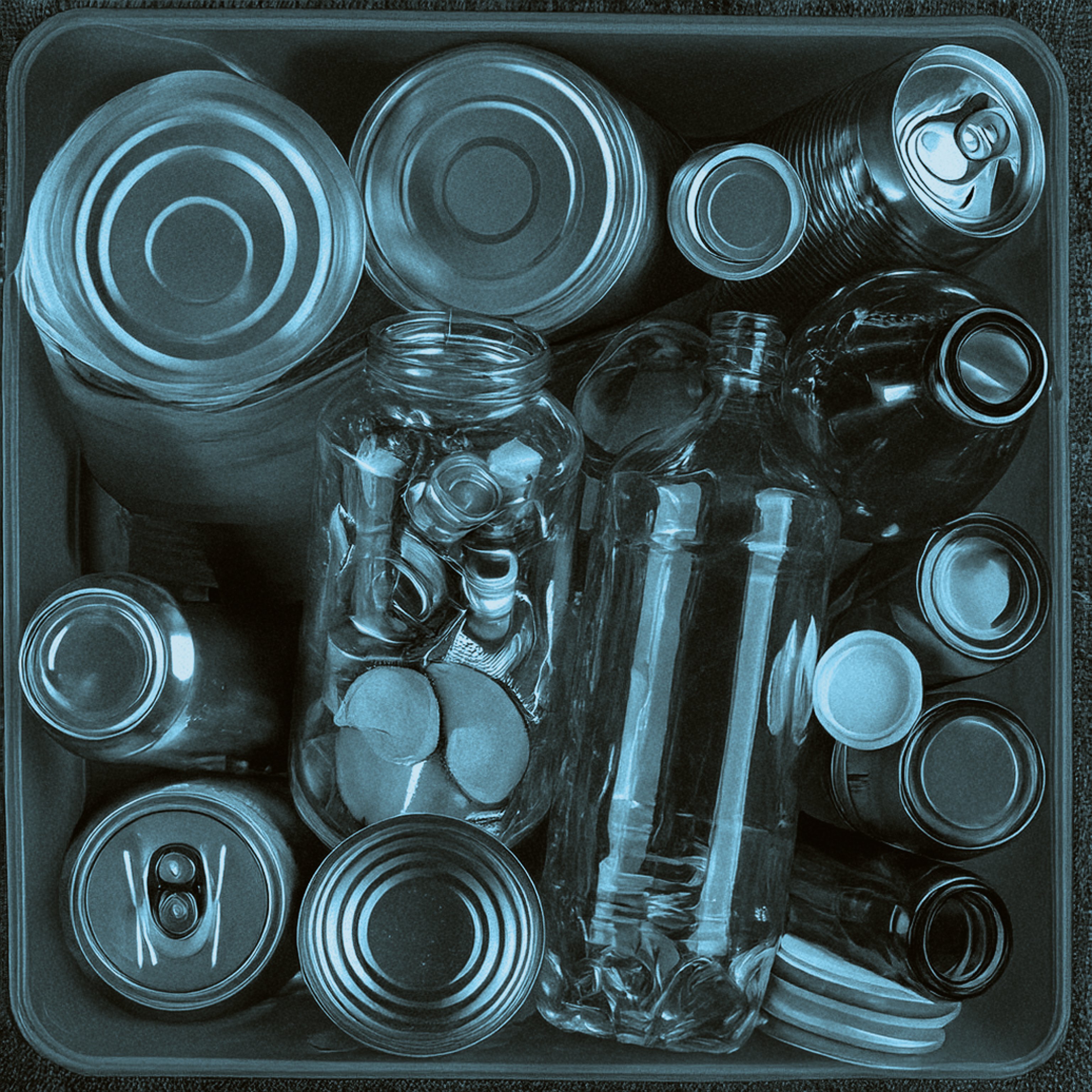
Glass and Aluminium
[]- Good News,
- Bad News
The results are in, plastic is evil. It wreaks havoc in the ocean, clogs up the land, it might even spread disease. But oh look! Many sustainability heroes claim they have found the solution. Glass and aluminium… but is it really that simple?